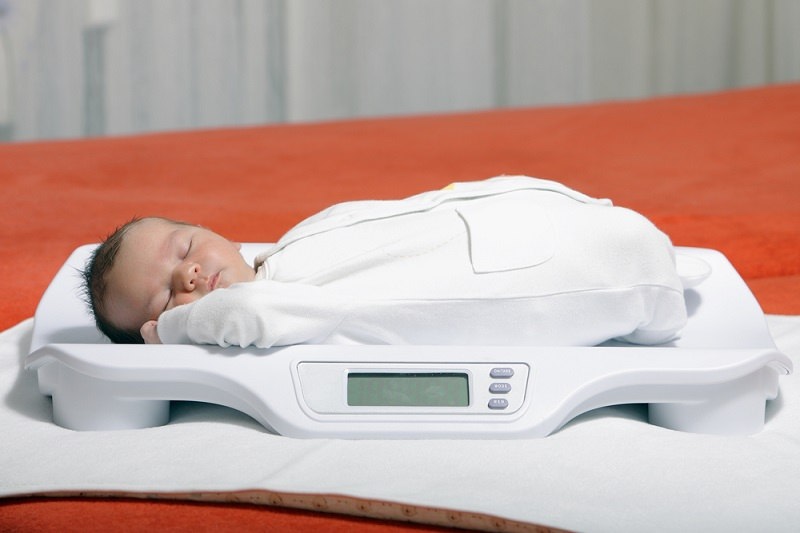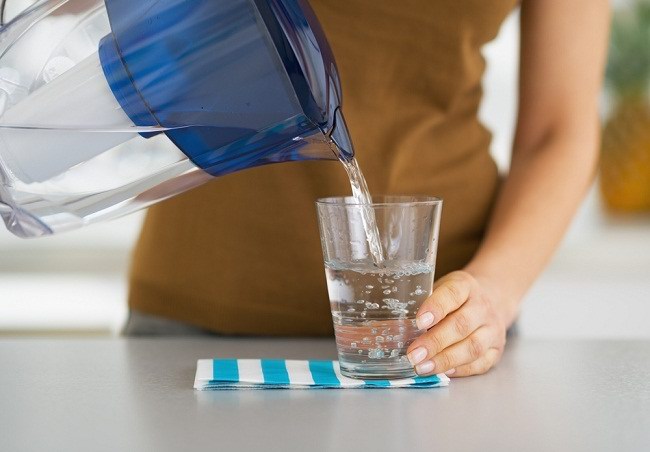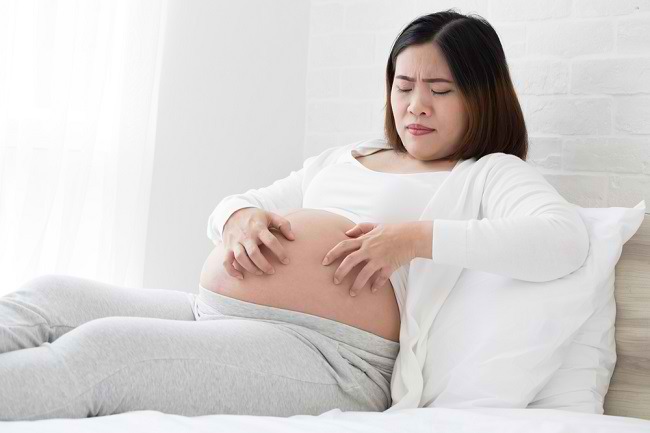Pregnant women see red spots on the skin accompanied by itching? If so, it's possible that pregnant women have eczema. Come on, find out here how to solve it.
Eczema is a common skin complaint experienced by pregnant women, especially in the first and second trimesters. In addition to appearing red patches on the skin that feel itchy, eczema during pregnancy can also be characterized by the appearance of red nodules on the skin or rough skin. Eczema usually appears on the face, neck, and chest.

Causes and Triggers of Eczema During Pregnancy
The cause of eczema during pregnancy is not known for certain, but experts believe that this condition is triggered by heredity and environmental factors.
Eczema during pregnancy can also be triggered by a decrease in the immune system, hormonal changes, stress, chemicals in skin care products, weather that is too cold or too hot, food allergies (such as cow's milk, eggs, or peanuts), and clothing made from wool or synthetic fabrics.
If you've had eczema before getting pregnant, then eczema will usually come back, recur more often, or get worse during pregnancy.
If pregnant women experience symptoms of eczema as mentioned above or other complaints on the skin that may be caused by eczema, you should consult a gynecologist.
Overcome Eczema While Pregnant This Way
If pregnant women have eczema, the doctor will usually give cream hydrocortisone should be used in accordance with the doctor's advice.
In addition to using medicine from a doctor, pregnant women can also do the following ways to help treat eczema:
- Apply a light, unscented moisturizer immediately after bathing.
- Take a warm bath with a mixture of baking soda and oats.
- Use a humidifier or humidifier.
- Regularly drink water to keep the skin from drying out, so eczema symptoms can subside.
- Use loose clothing made of soft materials, such as cotton, to prevent skin irritation from rubbing against clothing.
- Avoid stress by exercising regularly and getting enough rest.
- Eat nutritious food.
- Avoid using soaps that contain dyes, perfumes, and substances alkaline.
- Avoid scratching the itchy skin because it will only make it more itchy.
- Use a bandage to cover the area of skin that has eczema, to prevent pregnant women from scratching the itchy skin area.
Eczema during pregnancy does not endanger the health of pregnant women and fetuses and will usually go away on its own after giving birth. However, eczema can make pregnant women feel uncomfortable and sometimes can become sores and infections if often scratched.
If eczema is very bothersome, pregnant women should consult a doctor so that they can be given safe treatment. Do not just use drugs, even if only topical drugs, because these drugs can be harmful to the fetus.









